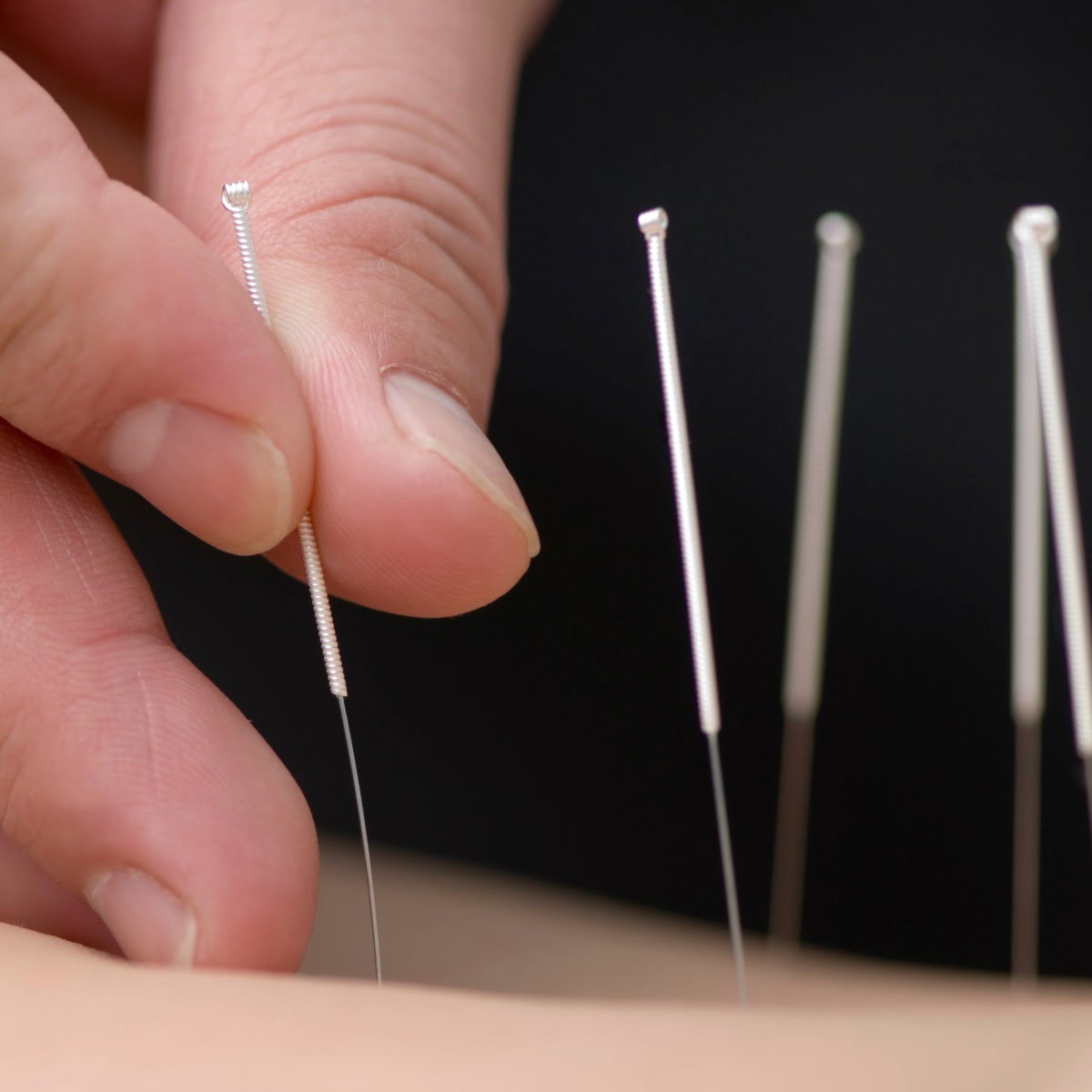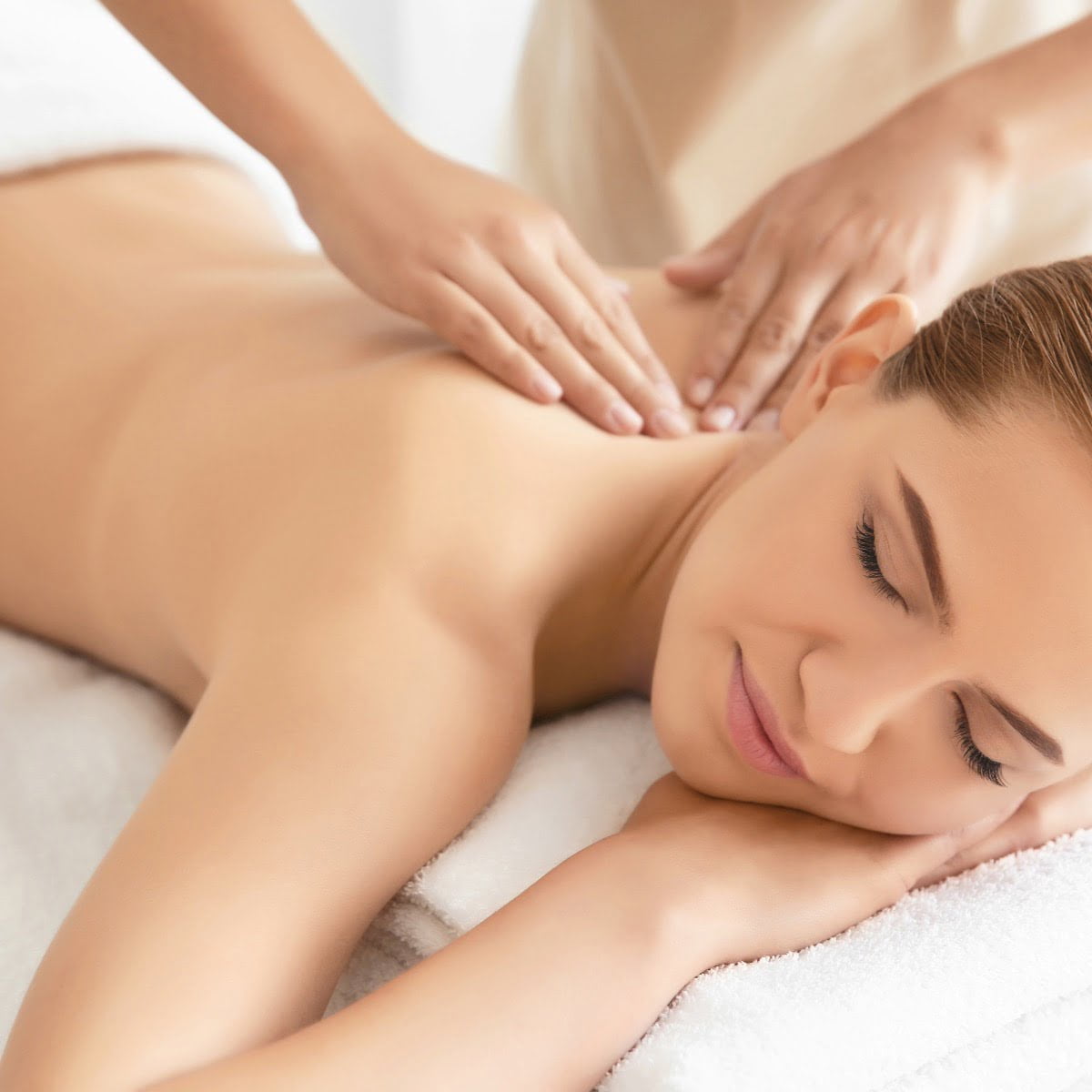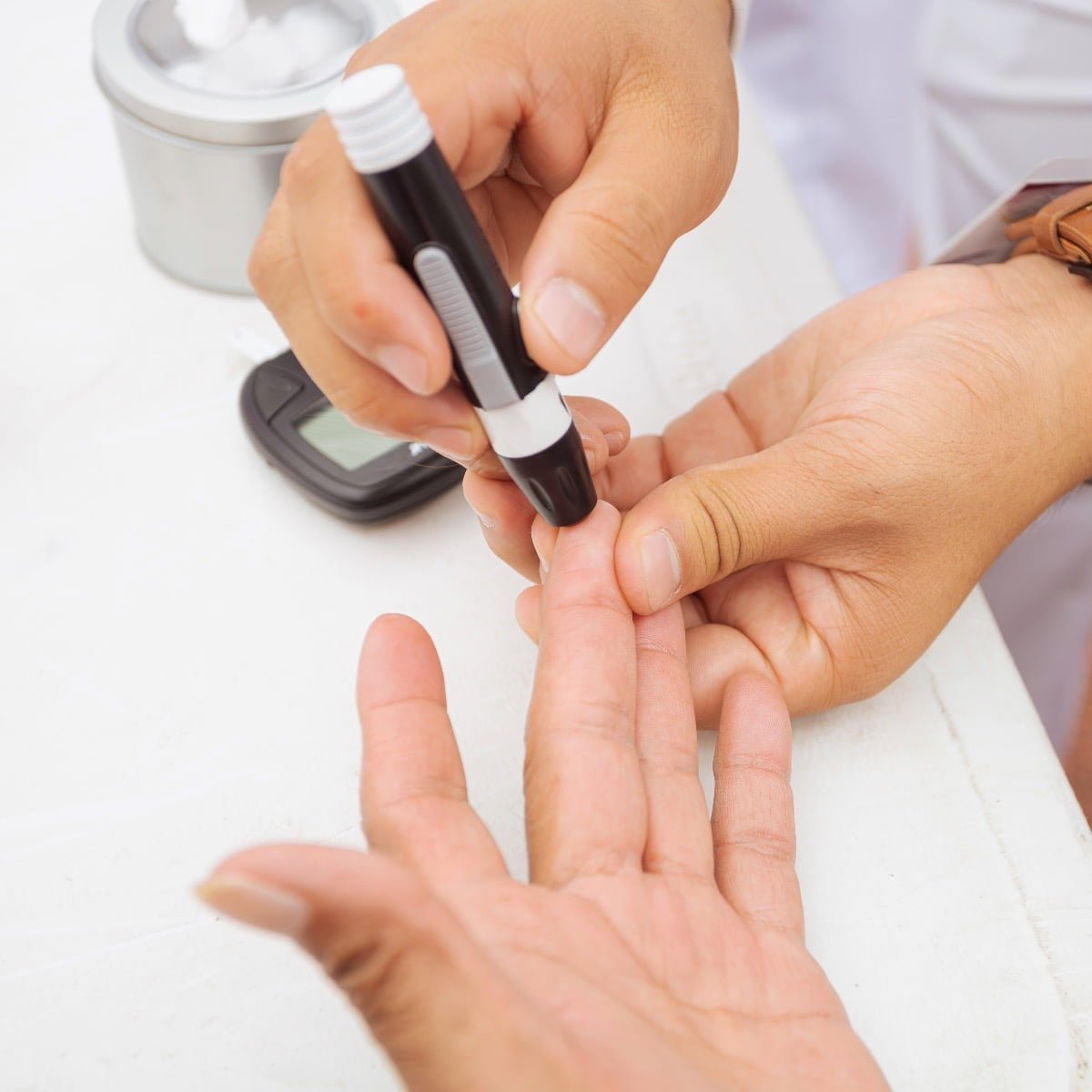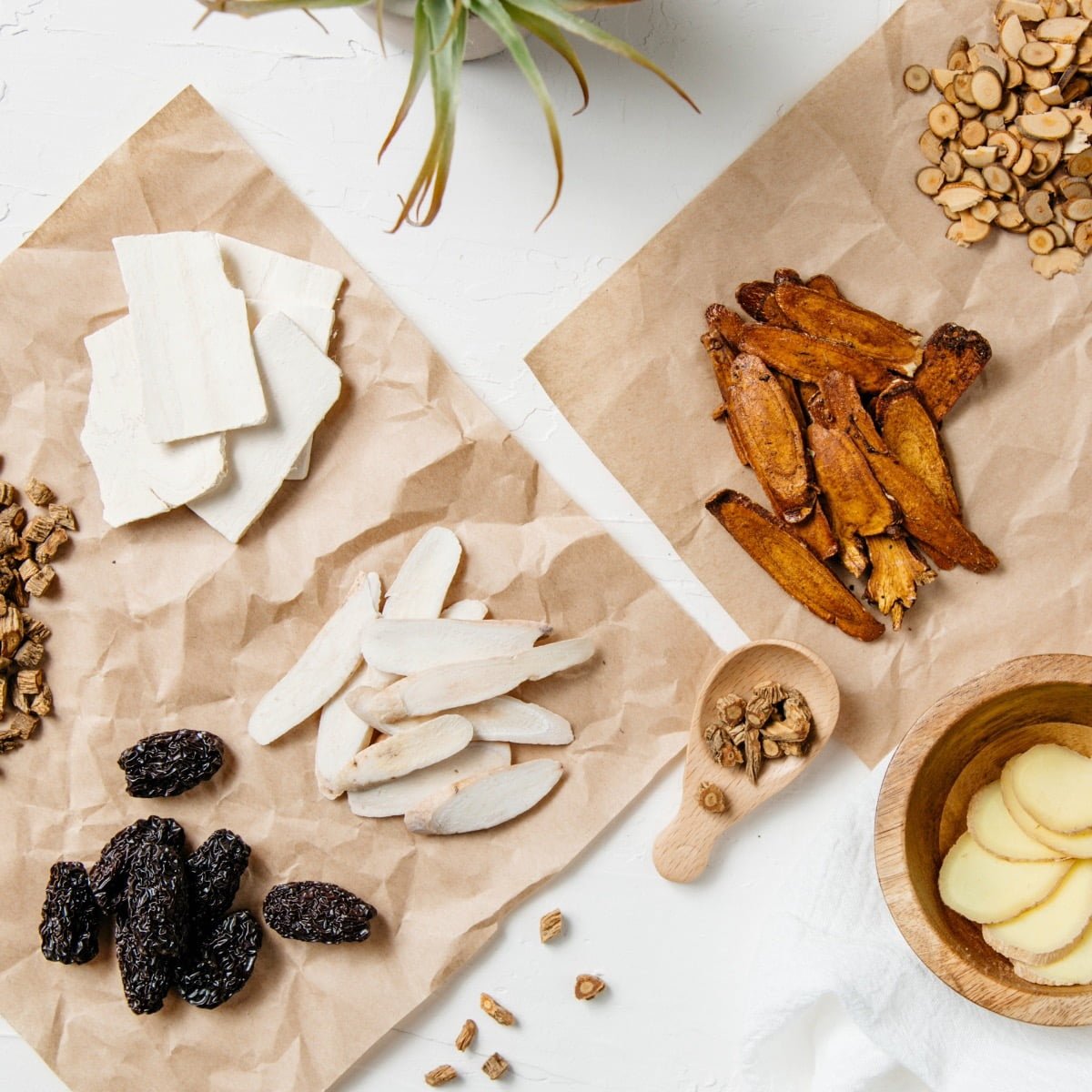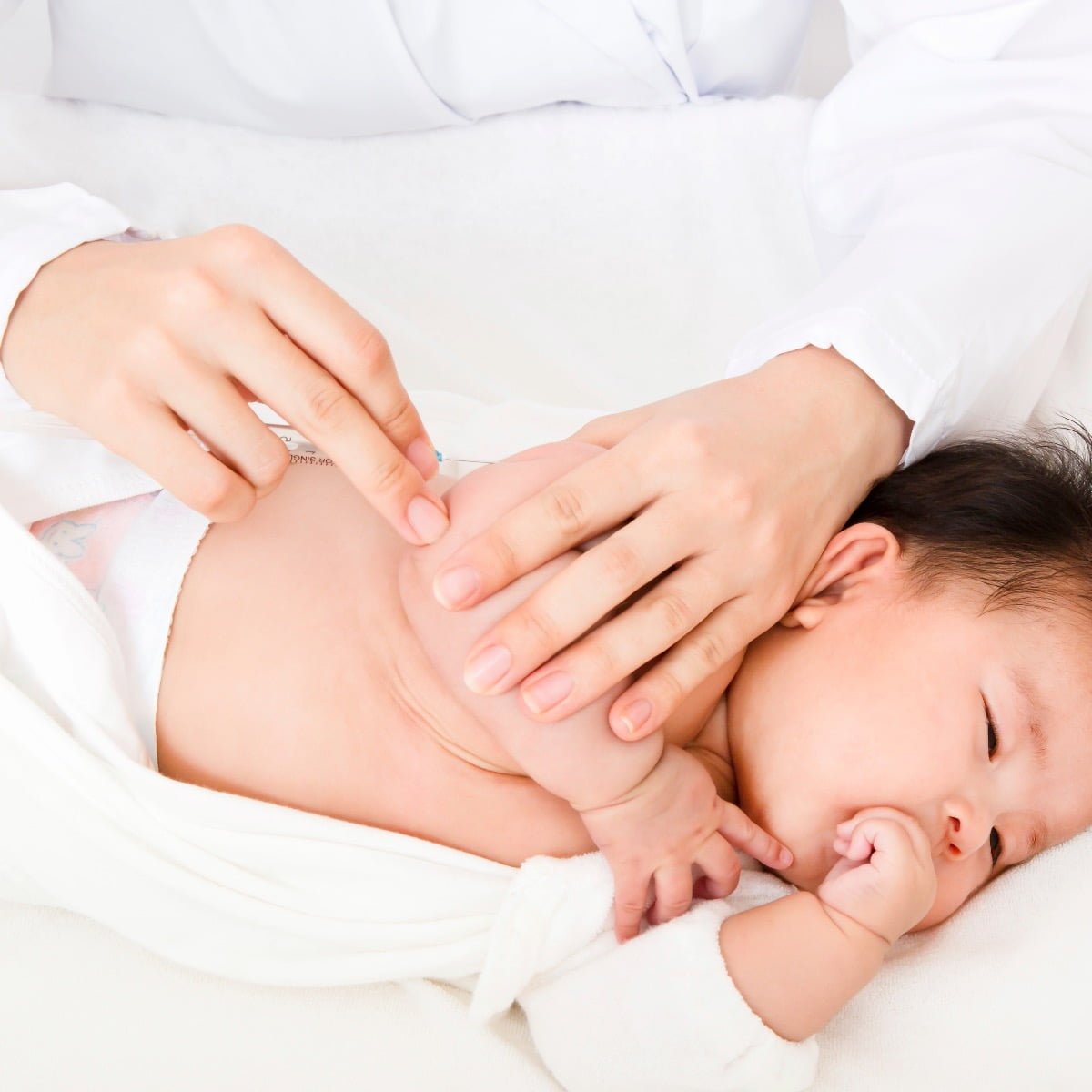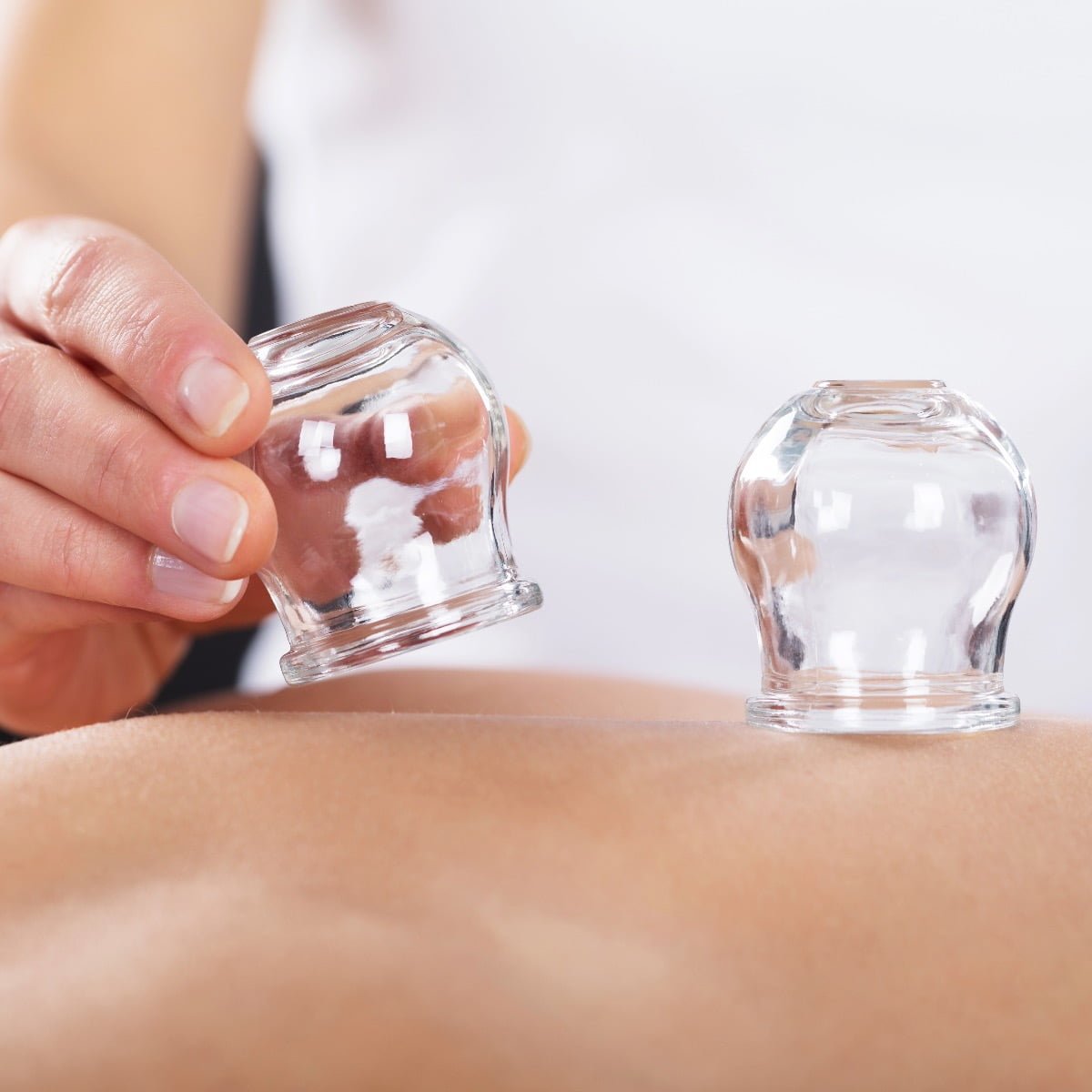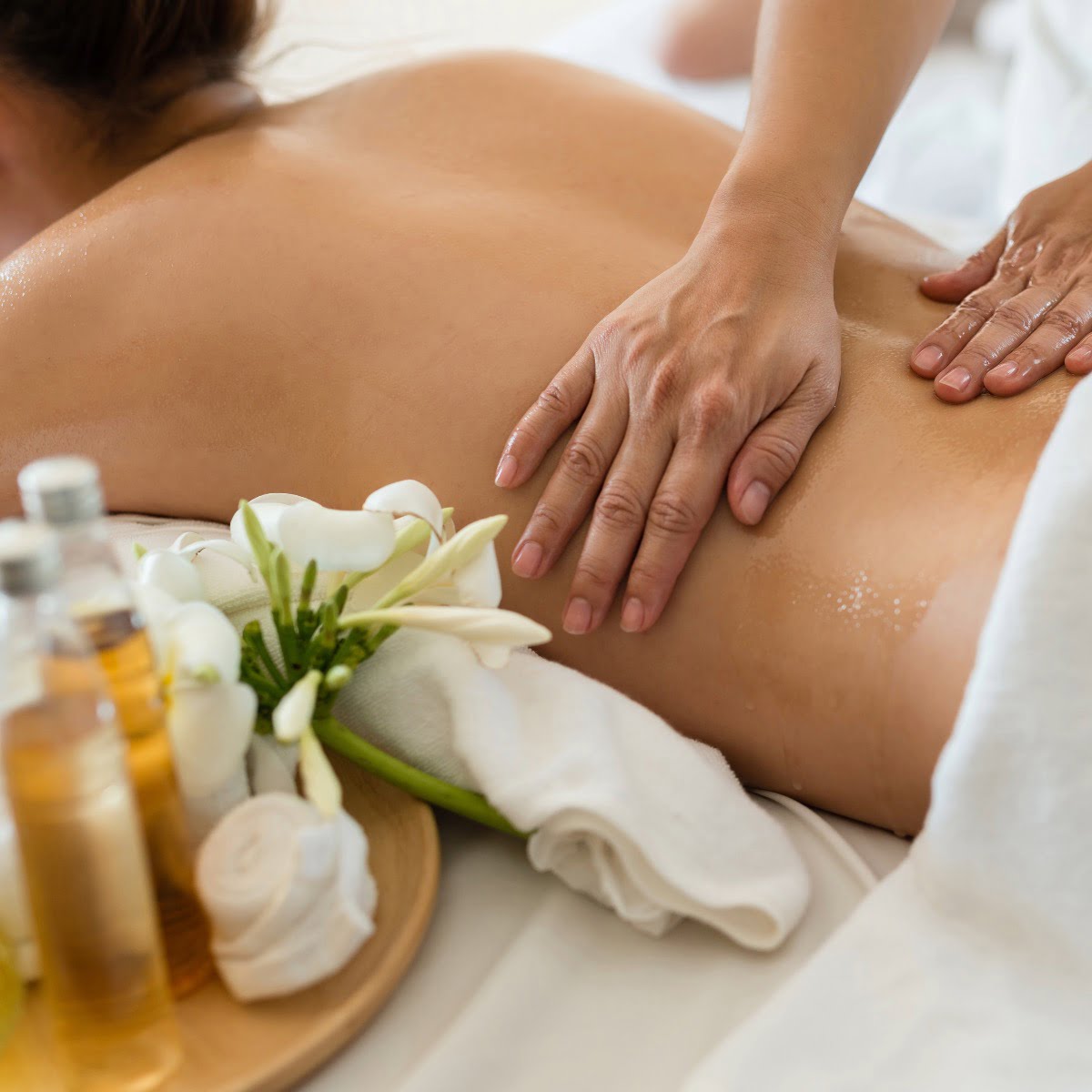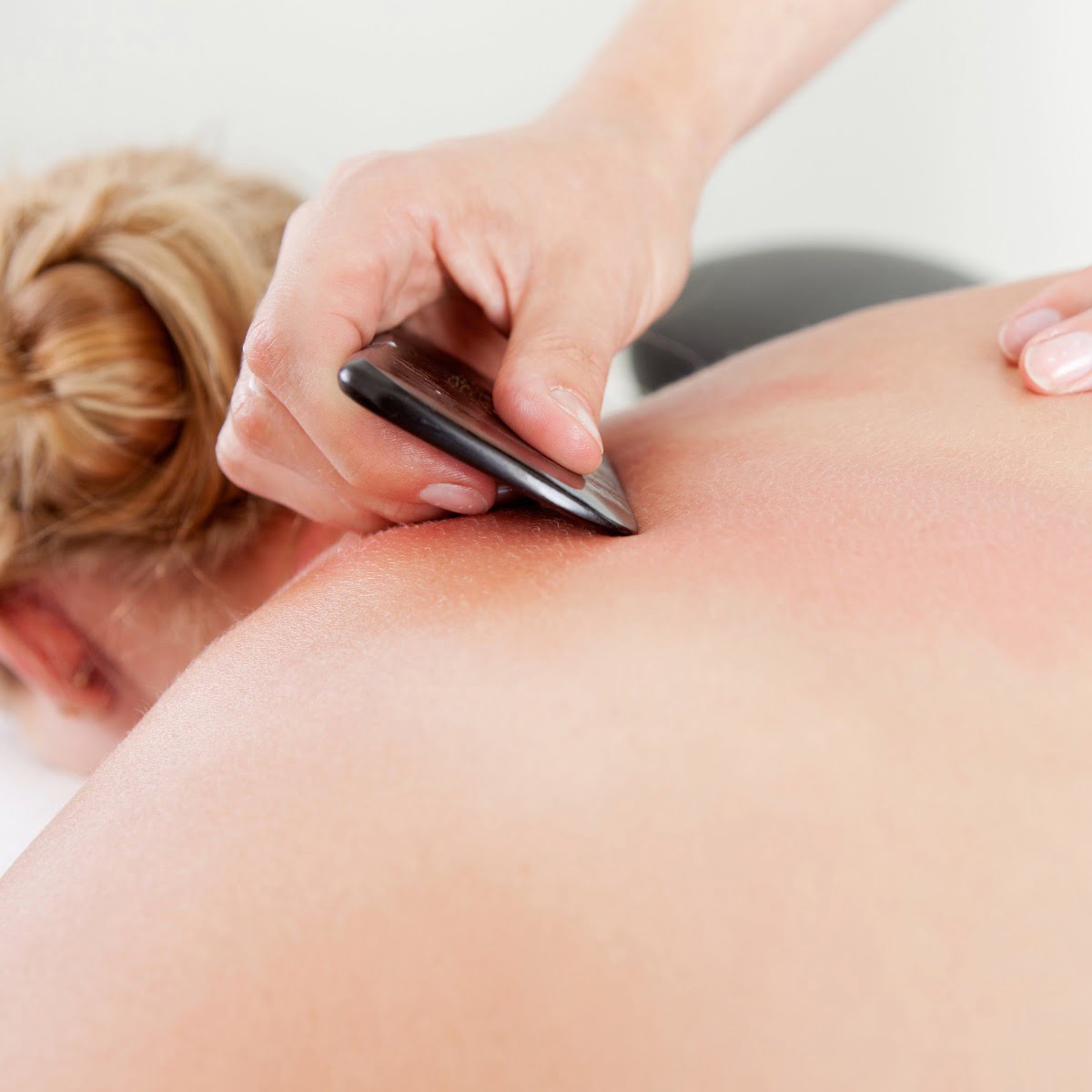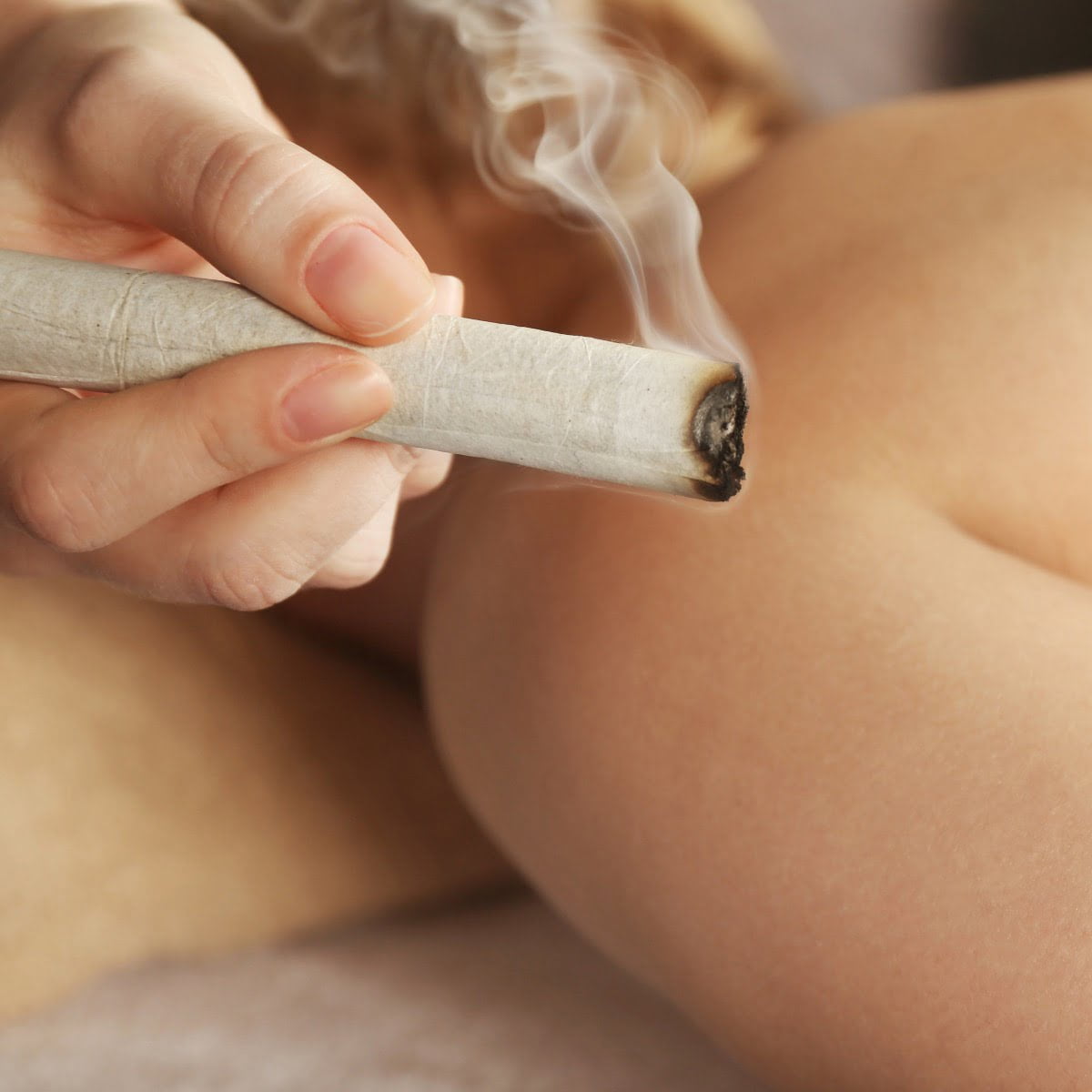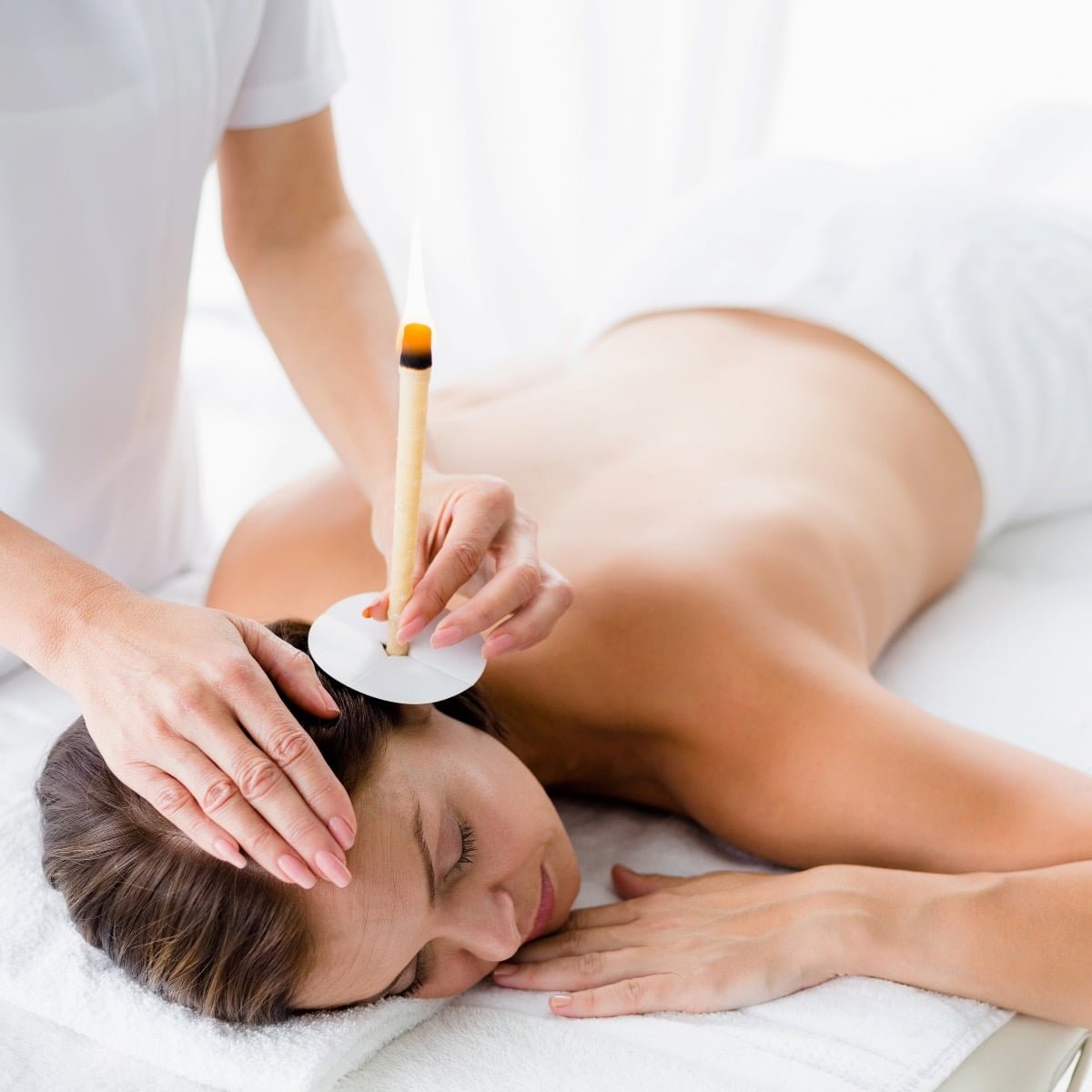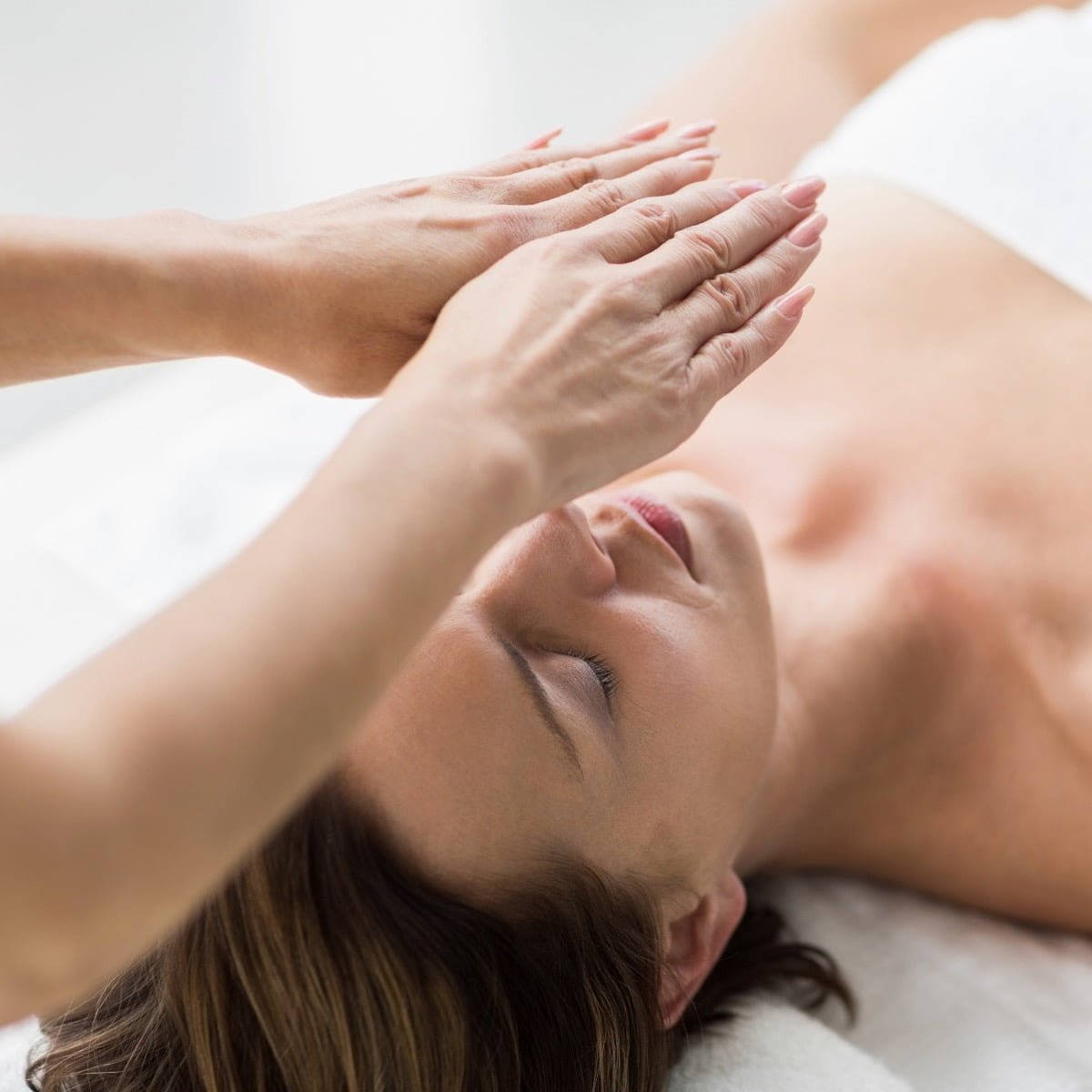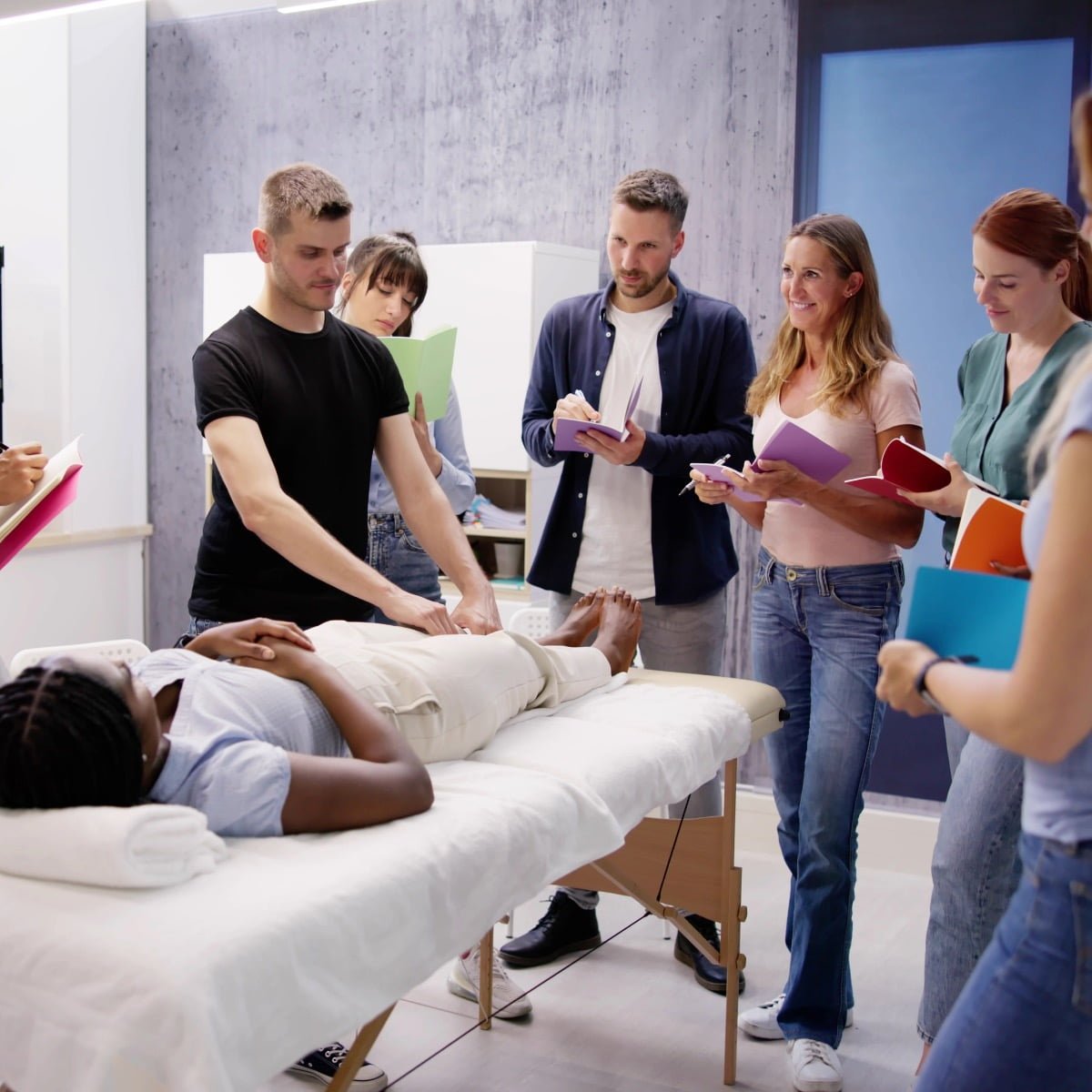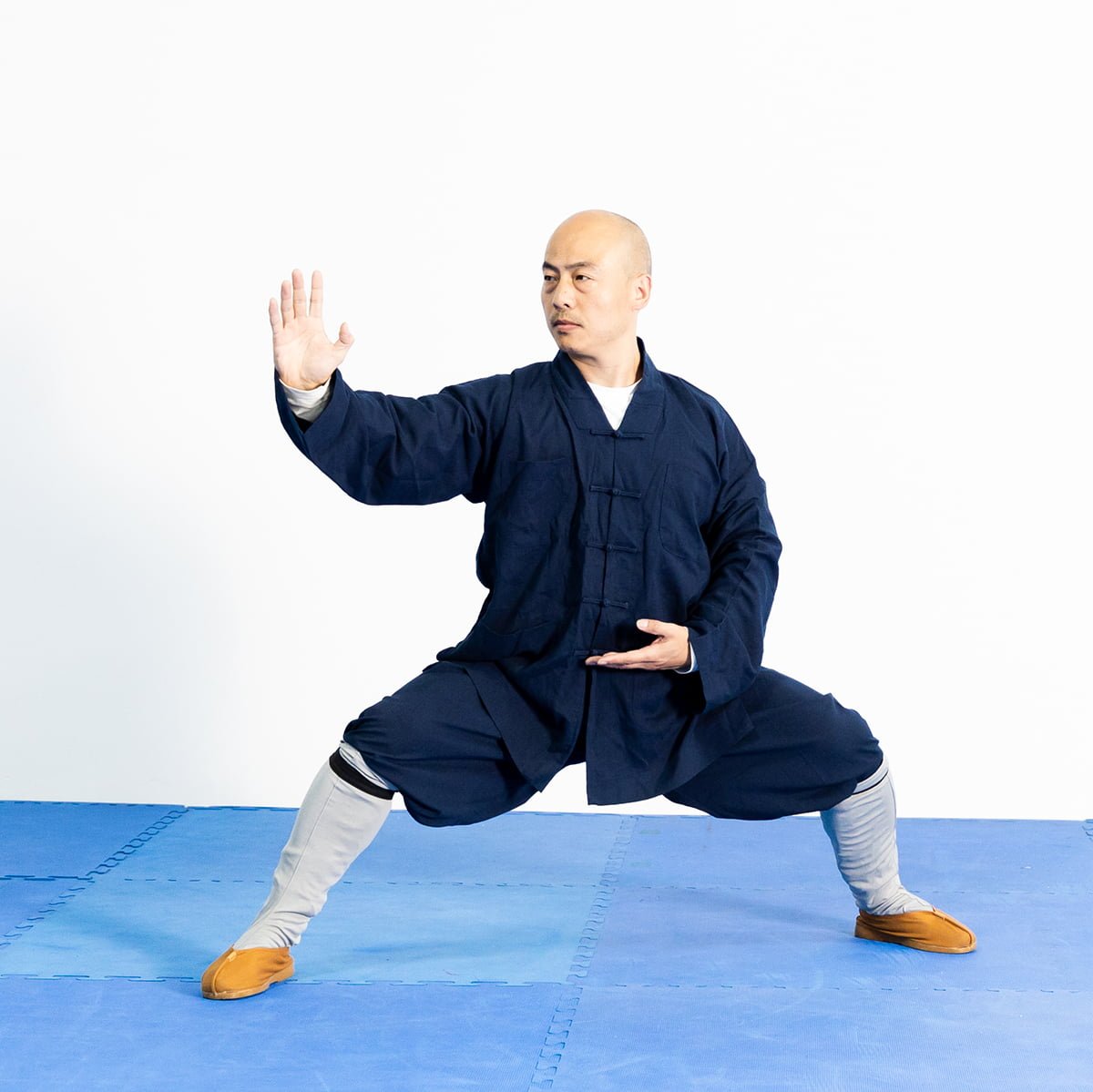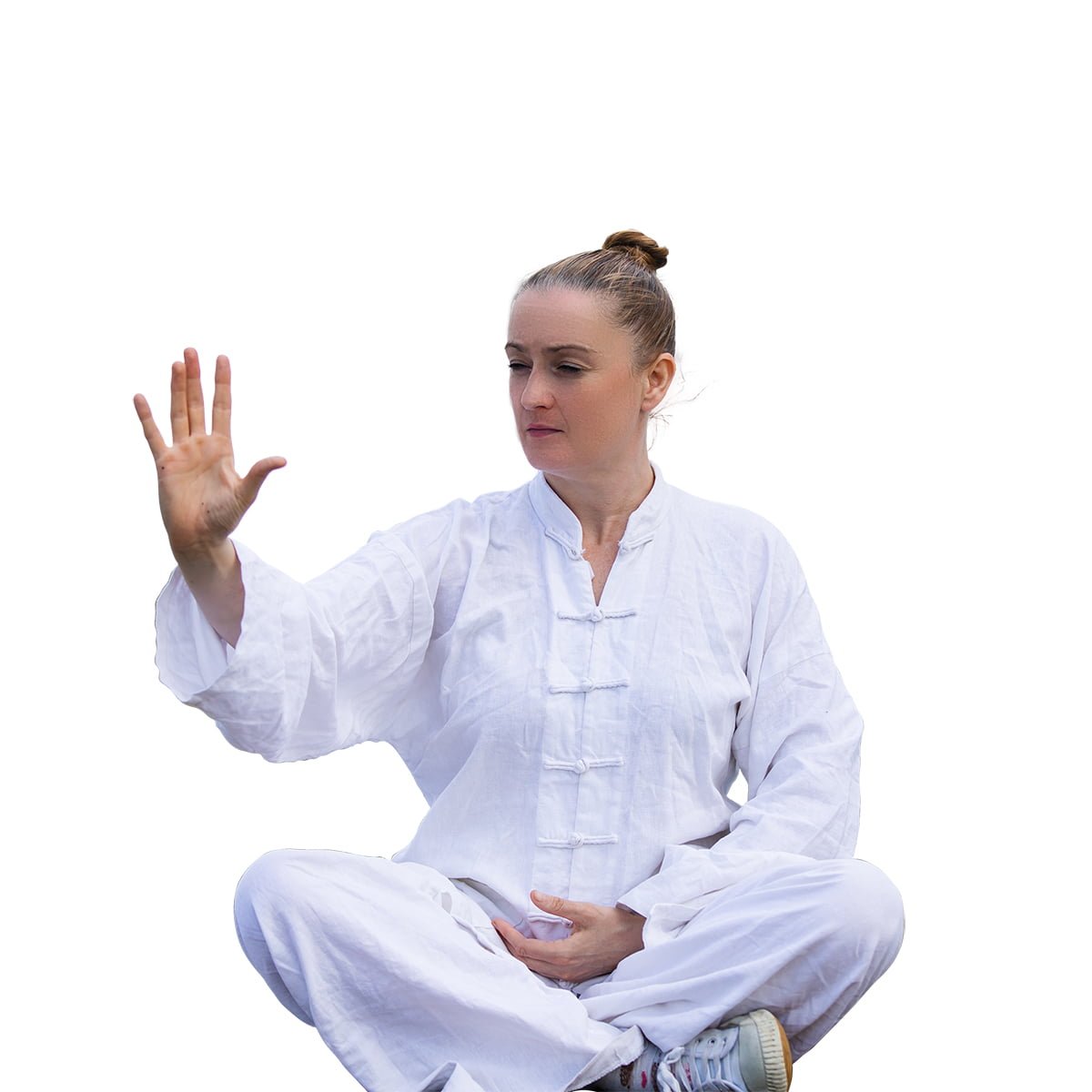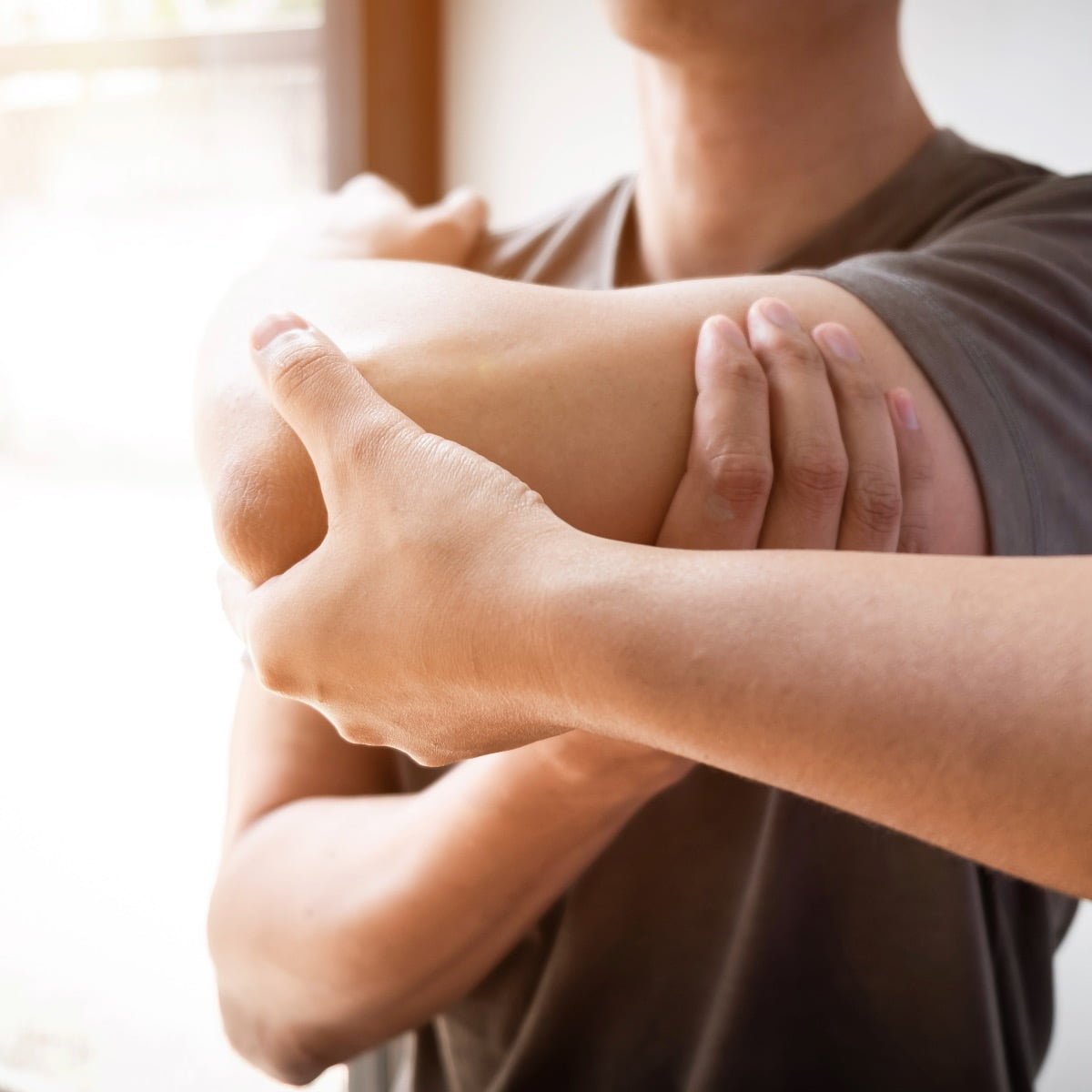Traditional Chinese Acupuncture, an integral part of Traditional Chinese Medicine with a rich history spanning nearly two millennia, is now globally recognized for its therapeutic benefits. In recent years, it has gained prominence in mainstream healthcare in the UK.
In addition to needling, practitioners may employ complementary techniques such as moxibustion, cupping, and medical massage, often accompanied by dietary and lifestyle recommendations.
This holistic system views health through the lens of balance, interpreting illness as a sign of bodily disharmony, with each person’s imbalance being unique. The primary objective of treatment is to restore equilibrium.
Our practitioners draw upon centuries-old diagnostic tools and subtle techniques to conduct a comprehensive assessment of each patient. Rather than focusing solely on the ailment itself, they prioritise understanding symptoms and their interplay, delving into the root causes specific to each individual. Consequently, two individuals with the same Western diagnosis may receive distinct acupuncture treatments tailored to their unique needs.
How does Chinese acupuncture work?
Acupuncture entails the insertion of fine, sterilised stainless steel needles into specific points on the body’s surface. This procedure, carried out with disposable needles, is typically painless. A treatment session can range from 20 to 60 minutes, often requiring multiple sessions over time to achieve optimal results.
The human body boasts over 2,000 acupuncture points interconnected by 12 primary and 8 secondary meridians, known as pathways. The selection of acupuncture points depends on the diagnosis, particularly within the context of traditional Chinese medicine.
Chinese medicine practitioners hold the belief that these meridians serve as conduits for the flow of energy, or Qi, between the body’s surface and its internal organs. Qi plays a pivotal role in regulating spiritual, emotional, mental, and physical equilibrium, influenced by the delicate interplay of yin and yang forces. According to traditional Chinese medicine, when yin and yang are in harmony, they collaborate seamlessly with the natural flow of Qi, contributing to the body’s overall health.
Acupuncture is thought to harmonise yin and yang, eliminate blockages in the energy flow, and facilitate the restoration of health to both the body and mind.
What happens during treatment sessions?
In your initial appointment, your acupuncturist will engage in a discussion regarding your condition. Subsequently, they will conduct a physical examination to identify acupuncture-responsive areas on your body. Your acupuncturist will then gently insert sterile, disposable needles, which are as thin as a human hair, into specific points on your skin.
These acupuncture needles are placed at varying depths, ranging from a fraction of an inch to a couple of inches. They are typically retained for several minutes, with some remaining in place for up to 20 minutes.
Is acupuncture painful?
During acupuncture, you may experience a minor pricking sensation with each needle insertion. This discomfort is typically milder than the sensation of receiving a vaccine or having blood drawn. Acupuncture needles are considerably thinner than medical needles and are solid rather than hollow.
These needles may also elicit muscle sensations, including dull aches or tingling. Your practitioner may inquire about any feelings of deep heaviness or numbness, as these sensations often indicate that the treatment is having a beneficial effect.
What happens after an acupuncture treatment?
Acupuncture typically induces a sense of relaxation, making it advisable to arrange for transportation home after your appointments, particularly the initial one. If driving immediately is unavoidable, consider taking a brief five to ten-minute rest before getting behind the wheel. Your practitioner may also recommend taking it easy for a day or two following each session.
What is the recommended frequency for treatments?
The frequency of acupuncture treatments varies depending on factors such as your condition’s nature, its severity, and your individual response. Typically, individuals schedule appointments on a weekly basis, although some may opt for more or less frequent sessions based on the duration of the treatment’s effects. Your acupuncturist will provide guidance on a suitable treatment schedule tailored to your needs.
It’s important to note that the full benefits of acupuncture may not be immediately evident after the first or second treatment. If you choose to explore acupuncture, it is advisable to commit to a minimum of five treatments to gauge its effectiveness.
Acupuncture safety and regulation
When considering acupuncture services, it’s wise to ensure that your selected practitioner falls into one of two categories: either they are a licensed healthcare professional such as a doctor, nurse, or physiotherapist, or they hold membership with a respected national acupuncture organisation. At Purebei, you can have full confidence that all our practitioners are highly qualified professionals.
When administered by a qualified practitioner, acupuncture is generally considered safe. Some individuals may experience mild, short-term side effects, including:
- Discomfort at the needle insertion points
- Minor bleeding or bruising at the needle insertion sites
- Feelings of drowsiness
- Nausea
- Sensations of dizziness or faintness
Serious side effects, such as a punctured lung or infection, are exceedingly rare. If you have a bleeding disorder, like haemophilia, or are taking medications such as anticoagulants, it’s important to discuss acupuncture with your GP or acupuncture practitioner beforehand.
Acupuncture is typically not recommended if you have a metal allergy or an active infection in the area where needles will be inserted.
In most cases, acupuncture is considered safe during pregnancy. However, it’s essential to inform your acupuncture practitioner of your pregnancy, as some acupuncture points should be avoided for safety reasons during this time.

